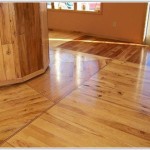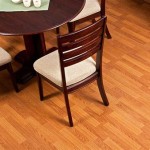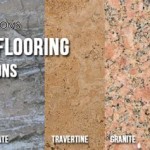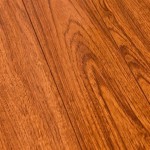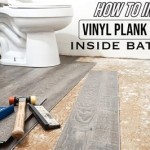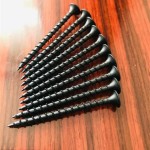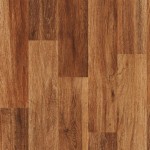Cork Board Flooring Reviews: Unlocking the Secrets
When it comes to flooring options, cork board flooring stands out as a unique and eco-friendly choice. Derived from the bark of the cork oak tree, cork offers numerous benefits that make it an attractive option for homeowners and businesses alike.
To help you make an informed decision, this article delves into the essential aspects of cork board flooring reviews. We will explore the advantages and disadvantages, installation process, maintenance requirements, and durability factors to provide you with a comprehensive understanding of this flooring solution.
Advantages of Cork Board Flooring
- Comfort and Warmth: Cork is a naturally soft and resilient material, providing excellent underfoot comfort. Its insulating properties keep floors warm in winter and cool in summer.
- Eco-Friendly: Cork is harvested from trees without damaging them, making it a sustainable flooring option. It is biodegradable and recyclable, contributing to a smaller carbon footprint.
- Soundproofing: Cork's cellular structure absorbs sound effectively, reducing noise levels and creating a quieter living environment.
- Hypoallergenic: Cork is naturally resistant to allergens and dust mites, making it ideal for households with allergies or asthma.
Disadvantages of Cork Board Flooring
- Cost: Cork flooring can be more expensive than other flooring options, especially for high-quality grades.
- Water Resistance: Natural cork is not inherently water-resistant, so spills or leaks should be cleaned up promptly to prevent damage.
- Indentations: Cork is a soft material that can be susceptible to indentations from heavy furniture or sharp objects.
- Fading: Over time, cork flooring may fade slightly due to exposure to sunlight. However, this process is gradual and can be minimized with UV protection.
Installation of Cork Board Flooring
Cork board flooring is typically installed as a floating floor, which means the planks are laid over a layer of underlayment without being glued or nailed to the subfloor. This makes the installation process relatively easy for experienced DIYers.
Professional installation is recommended for larger areas or more complex layouts. A professional installer will ensure proper leveling, expansion gaps, and sealing to prevent water damage.
Maintenance of Cork Board Flooring
Cork board flooring is relatively low maintenance. Regular vacuuming or sweeping will remove dust and debris. Spills should be wiped up immediately to prevent staining. For deeper cleaning, a damp mop with a mild cleaning solution can be used.
Avoid using harsh chemicals or abrasive cleaners that could damage the cork's surface. Periodically, a cork sealant can be applied to protect against fading and water damage.
Durability of Cork Board Flooring
The durability of cork board flooring depends on the quality of the cork and the wear layer thickness. High-quality cork with a thicker wear layer will be more resistant to indentations, scratches, and fading.
With proper installation and maintenance, cork board flooring can last for 15-25 years, possibly even longer in low-traffic areas. Its natural resilience and resistance to mold, mildew, and insects contribute to its long-lasting performance.

Cork Flooring Pros And Cons Is It The Right Choice For You

Cork Flooring Reviews Icork Floor

Cork Flooring Guide Specifics Pros Cons Fantastic Handyman Au

Cork Flooring Reviews Icork Floor

Pros And Cons Of Cork Flooring Is It Right For You Bob Vila

The Best Cork Flooring Options 11 Reasons They Re Awesome Floorings

Cork Flooring Reviews Icork Floor

How To Install A Cork Floor Young House Love

Waterproof Cork Flooring Look

Cork Laminate Flooring Review Floating
Related Posts

